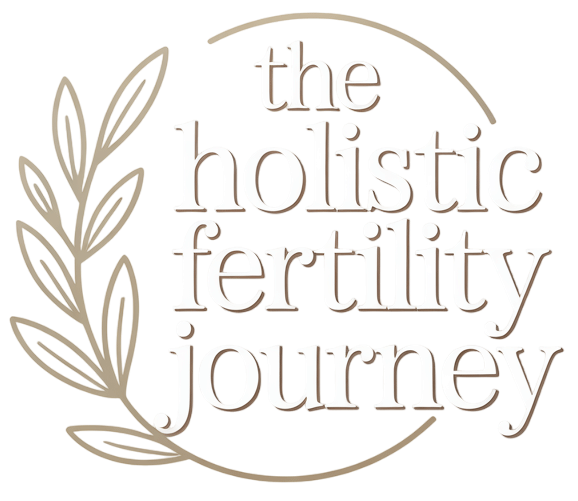Understanding Holistic Fertility: Beyond Reproduction
Holistic fertility means looking at the entire person, not just reproductive organs or biological processes. The term “holistic” comes from the Greek word “holos,” meaning “whole.” In practice, it recognizes how physical health, emotional well-being, thoughts, stress levels, diet, sleep, relationships, and even beliefs interact to influence your body’s natural ability to conceive and sustain a pregnancy.
Unlike approaches that zoom in on single issues (like hormone levels or ovulation timing), a holistic perspective asks broader questions:
- How resilient is your body to daily stress?
- Are you nourishing yourself in ways that support hormone balance?
- How do your emotions, thoughts, and beliefs shape your wellness?
- Are you moving, sleeping, and connecting in ways that support your physiology?
This perspective is backed by research: a 2020 review in Fertility and Sterility highlights that interventions exploring mind, body, and lifestyle together can improve not only pregnancy rates but also mental well-being among individuals facing infertility (F&S, 2020).
